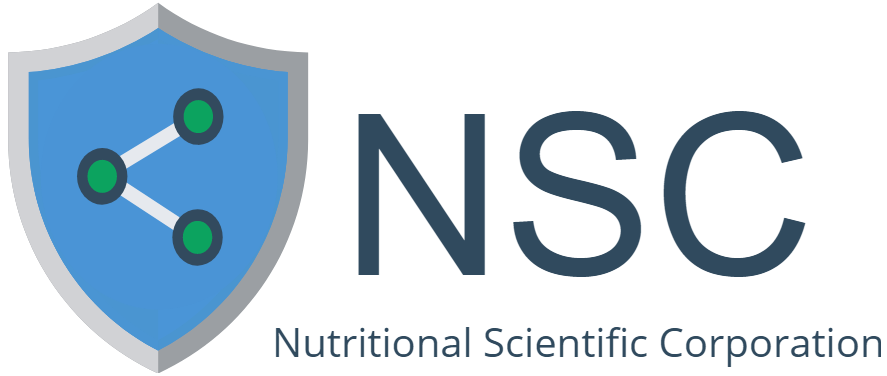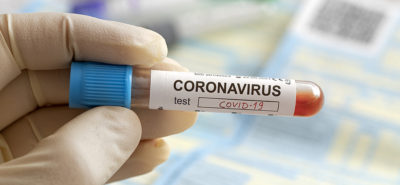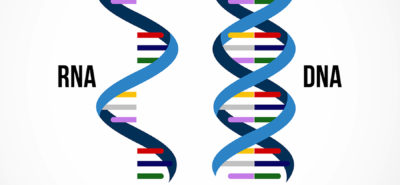Got Allergies or Upper Respiratory Tract Miseries?
A decongestant now in more than 200 over-the-counter allergy/respiratory products as a major ingredient – phenylephrine -has unanimously been found ineffective by the FDA (September of 2023). Phenylephrine was supposed to work by reducing blood vessel swelling in nasal passages. According to the FDA, the phenylephrine has basically been ineffective in products including Sudafed, Benadryl Allergy Plus Congestion, Vicks Sinex, Mucinex, Dayquil, Tylenol Sinus, Advil Sinus Congestion and many more.
If you have allergies, URTIs, colds, flu, or another respiratory ailment, what can you safely substitute? Rest and drinking plenty of fluids are very important, and in most instances can be made more effective by immunotherapy to produce a stronger and more reactive immune response to these challenges. For success, you need accurate recognition, rapid response, and efficient resolution from a safe biological defense modifier, such as Beta 1,3/1,6 glucan in NSC Allergy Formula.
In a randomized, placebo-controlled, double-blind human study (Talbot et al – PMID 24804018) researchers found, “Beta 1,3/1,6 glucan …reported reduced nasal symptoms (59%), eye symptoms (57%), non-nasal symptoms (50%), …and improved quality of life (56%) ….”.
If you have ragweed pollen or some other seasonal allergy, you are far from alone. Respiratory allergies are suffered by 40-50+ million people and most often come into our bodies by exposure of the respiratory system to dust, pollen, fungus/mold, or other foreign particles resulting in common symptoms such as sneezing, red eyes, nasal congestion, and other allergic symptoms that assault us every allergy season.
Certain individuals may not experience allergies to the same allergens that affect others significantly. No, we don’t know why. What are allergies and why do they affect people differently? Allergies occur when the immune response mistakenly attacks something that is actually harmless to your health. Technically, allergies are a collection of disease symptoms caused by an overaggressive immune response mistakenly identifying harmless substances in food and the environment and attacking them as if they were dangerous health invaders.
Allergies are characterized by a hyper immune response causing allergic reactions such as hay fever (allergic rhinitis), allergic asthma and skin rashes. The majority of treatment options for allergy symptoms focus on using antihistamines to manage and alleviate symptoms caused by an excess release of histamines, but they do not address the underlying cause of the allergy. The immune cells need to be able to recognize and distinguish between harmless allergens such as ragweed, house dust mites, food, pollen, and pet dander, and dangerous pathogens like viruses, bacteria, parasites, and fungi-mold.
Allergic rhinitis (AR), or hay fever, is an allergic response involving excess histamine release and characterized by IgE (immunoglobulin E)-mediated, allergic inflammation of the nasal mucosa. Reaction is often characterized by a red and raw nose. Let’s get technical now to understand what happens in your body that contributes to allergic reactions. You have two types of Helper T immune cells – Th1 and Th2. Overproduction of Type 2-T helper cells (Th 2) promotes development of Immunoglobulin E (IgE)-mediated diseases such as allergic rhinitis or hay fever.
Overproduced Type 2 helper cells yield overproduction of Interleukin cytokines IL-4, IL-5, and IL-13 at the site of allergic inflammation. The overproduction of Th2 results in unwanted, excess histamine release, creating many allergy miseries including sneezing, watering eyes, itchy skin, impaired breathing and more.
The objective is to reduce overproduction of Th2 T helper cells and increase production of Th1 helper T cells. Th1 helper T cells are involved in regulating histamine levels and reducing allergic reactions. To regulate allergic reactions, it is necessary to balance Th1 and Th2 responses to promote appropriate immune responses. Beta 1,3/1,6 glucan in NSC Allergy Formula contributes to the normalized immune response nutritionally.
Thus, oral intake of beta-1,3/1,6-glucan nutritionally aids in producing a functional balance between T-helper (Th1) cells and T-helper (Th2) cells. This helper T-cell balancing due to beta-1/3-1/6-glucan contributes nutritionally to reduced excess inflammation and excess histamine release. It is important to address the underlying cause rather than simply masking the symptoms. This normalization of the T-helper cell balance better enables the immune system to identify and destroy infectious micro-organisms without, and instead of, mobilizing an erroneous and unnecessary allergic attack involving harmless allergens in food and other sources.
As with many of us, the immune system can have impaired vision, often unable to clearly distinguish the good guys from the bad guys. As we age, this non-recognition becomes more prevalent. Your immune cells then sound the false alarm alert to bring the fire trucks of the immune system home where there is only smoke and no fire. If the alarm is sounded to attack a good guy mistakenly identified as a bad guy, you have an allergic reaction such as runny nose, tearing eyes, irritated skin, or shortness of breath.
Different immune systems become suppressed or deficient due to different “good guys” for reasons not yet known and thus some people are allergic to pollen; some to strawberries and others to certain cosmetics; while their friends can stand in a ragweed fog, eating strawberries while putting on makeup with no reaction whatsoever!
The best way to conquer allergies is to never get allergies. The logic is sound, but how is it possible? The key is to enhance your immune response in order to improve the differentiation between harmful and harmless microorganisms as they enter your body through various routes such as the skin, lungs, or digestive system.
Scientific research has shown that MG Beta Glucan has nutritional benefits in normalizing and enhancing the immune response, allowing for improved recognition of harmful and harmless substances. MG Beta Glucan is a nutritional food that is considered safe for consumption (GRAS) and it acts as a fuel to support the immune cells in avoiding and correcting mistakes. However, it is necessary to replenish your supply after 24 to 48 hours. It typically takes 2 to 7 days for your immune system to respond to initial usage and receive nutritional benefits. As with all dietary supplements, consult your health care provider before using.






